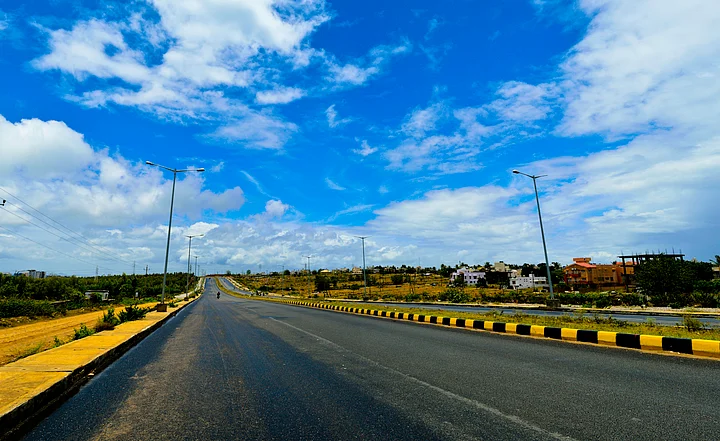The Ministry of Road Transport and Highways launched its first ever surety bonds scheme for road and highways contractors, on Monday, 19 December.
What for? These bonds were floated by general insurance companies for highway contractors, in a bid to provide relief to contractors and free up working capital stuck in bank guarantees, Gadkari said in a statement last week.
The move comes two years after the Insurance Regulatory and Development Authority of India (IRDAI) formed a committee to study the feasibility of the insurance industry to offer bonds of such nature.
But what are surety bonds and how will they help be a positive catalyst of infrastructure development? The Quint delves deeper into the details.
What are Surety Bonds and How Will They Aid Development?
In simple terms, surety bonds are a guarantee given by a third party, to be liable for the default of another.
In case of the bonds launched by the government, insurance companies will be the guarantors (surety) for highway contractors working on infrastructure development projects.
A surety comes into effect upon a default by one party or a failure to perform their part of a contract. In this case, it would come into effect if there was a hitch or problem in a highways project.
Unlike other financial obligations of guarantors, surety bonds (like the term suggests), ensure an obligation to complete the project.
The low completion rate has been the biggest reported hitch in the seamless development of infrastructure in India, as many projects often end up stuck in litigation.
What Causes Delays in Road and Highway Projects?
According to the amendments made to the Land Acquisition, Rehabilitation and Resettlement Act, 2012 the right to receive fair and adequate compensation has increased the cost of acquiring land manifold.
In the case of highway and freeway projects under the Ministry of Road Transportation and Highways, the government is required to pay between two to four times the market value in a rural area and twice the market value in an urban area, for the land they need to acquire.
The steep cost involved in land acquisition, which makes up for almost 50 percent of the project cost according to several estimates, is the primary reason for the delay.
At times, projects getting tied up in litigation due to land acquisition conflicts also make matters worse and lead to further delay in the completion of highways.
Will Surety Bonds Ensure Speedy Completion of Highways?
While the issuance of surety bonds will ensure an obligation for a highway project to be completed and free up working capital to ensure the work continues, there are still challenges to projects being completed on time.
Surety bonds undertaken by a contractor play no role in helping a seamless land acquisition for a highway project or a dispute on land that lies within the area earmarked for a government or Public-Private Partnership (PPP) project.
Although the introduction of these bonds ensure that construction companies do not step out of projects due to financial complications, the primary problem that pertains to delay in infrastructural development still needs to be solved.
(At The Quint, we question everything. Play an active role in shaping our journalism by becoming a member today.)
